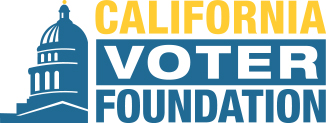Excerpt:
Election Day is here, and for the millions of Californians who have already voted, there are steps they can take to make sure their ballots are counted.
After researching and taking time to complete a pages-long ballot, thousands of voters statewide each election have their votes rejected for their signatures, or lack thereof. Whether you forgot to sign your ballot return envelope or signed it in a way that doesn’t match previous signatures, your ballot can be fixed in the weeks after the election.
- - - - - - -
Here is how to make sure your vote is counted.
Mail-in ballots on Election Day
For voters submitting mail-in ballots on Election Day, the safest option for making sure your vote is counted is to drop off the ballot at a voting site before they close at 8 p.m.

